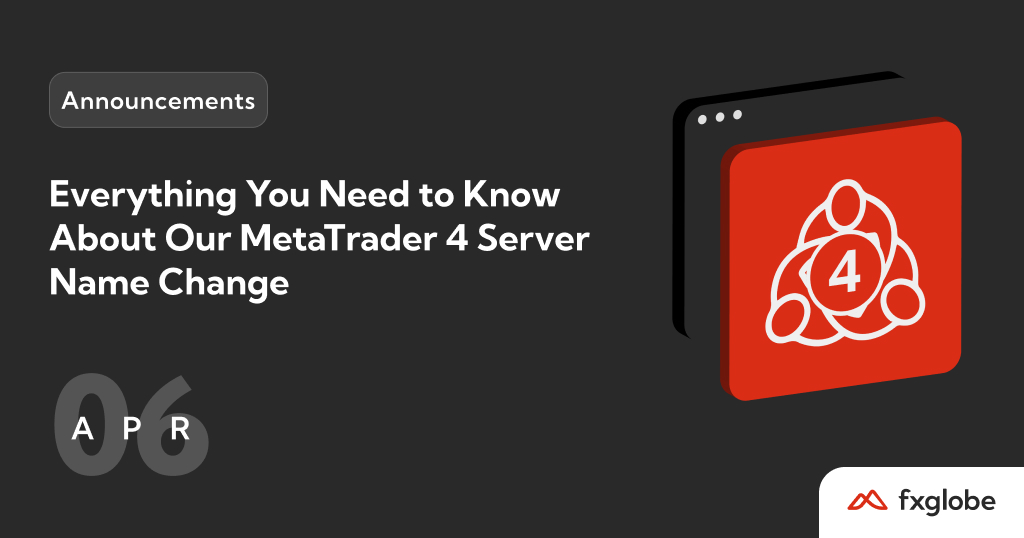Hi traders!
Inflation is a persistent increase in the general level of prices for goods and services, which erodes the purchasing power of money over time. As the cost-of-living rises, the value of money declines, making it essential for individuals and businesses to find ways to protect their wealth. One such method is trading financial instruments, including stocks, forex, commodities, and cryptocurrencies. In this article, we’ll explore why trading can be an effective hedge against inflation, provide some supporting statistics, and discuss the importance of risk management in overcoming fear.

- Diversification and inflation-beating returns: Trading offers a wide range of financial instruments to invest in, allowing traders to diversify their portfolios and potentially achieve inflation-beating returns. For example, during periods of high inflation, certain assets such as stocks, commodities, and real estate tend to outperform cash and bonds, offering a better hedge against rising prices.
- Exposure to real assets: Commodities like gold and silver have long been considered reliable hedges against inflation. These tangible assets often maintain their value or appreciate when fiat currencies lose purchasing power. For instance, from 2002 to 2012, the price of gold increased by about 530% while the US Consumer Price Index (CPI) rose by around 27% during the same period, highlighting gold’s ability to protect against inflation.
- Forex trading: Trading currencies can offer a hedge against inflation as well, especially when trading inflation-sensitive currency pairs. For example, when a country’s inflation rate rises, its central bank may increase interest rates to combat inflation, which can lead to a stronger currency. By trading forex, traders can take advantage of these currency fluctuations and potentially profit from inflation-related trends.
- Cryptocurrencies as a hedge: Cryptocurrencies, such as Bitcoin and Ethereum, have gained popularity as potential inflation hedges due to their decentralized nature and limited supply. While still a relatively new and volatile asset class, cryptocurrencies can offer protection against currency devaluation, especially in countries experiencing hyperinflation.
- Overcoming fear through risk management: Fear can be a significant obstacle for traders, especially when facing the uncertainty that inflation brings. However, having a realistic risk management plan in place can serve as an antidote to fear. By setting appropriate stop-loss levels, position sizing, and diversifying the portfolio, traders can minimize the potential impact of individual trades and better navigate the challenges posed by inflation.
Trading a diversified portfolio of financial instruments can serve as an effective hedge against inflation, helping to preserve and grow wealth in the face of rising prices. By understanding the different asset classes and their inflation-beating potential, and employing sound risk management strategies, traders can make informed decisions, overcome fear, and navigate the challenges posed by inflation.
Happy Trading!











